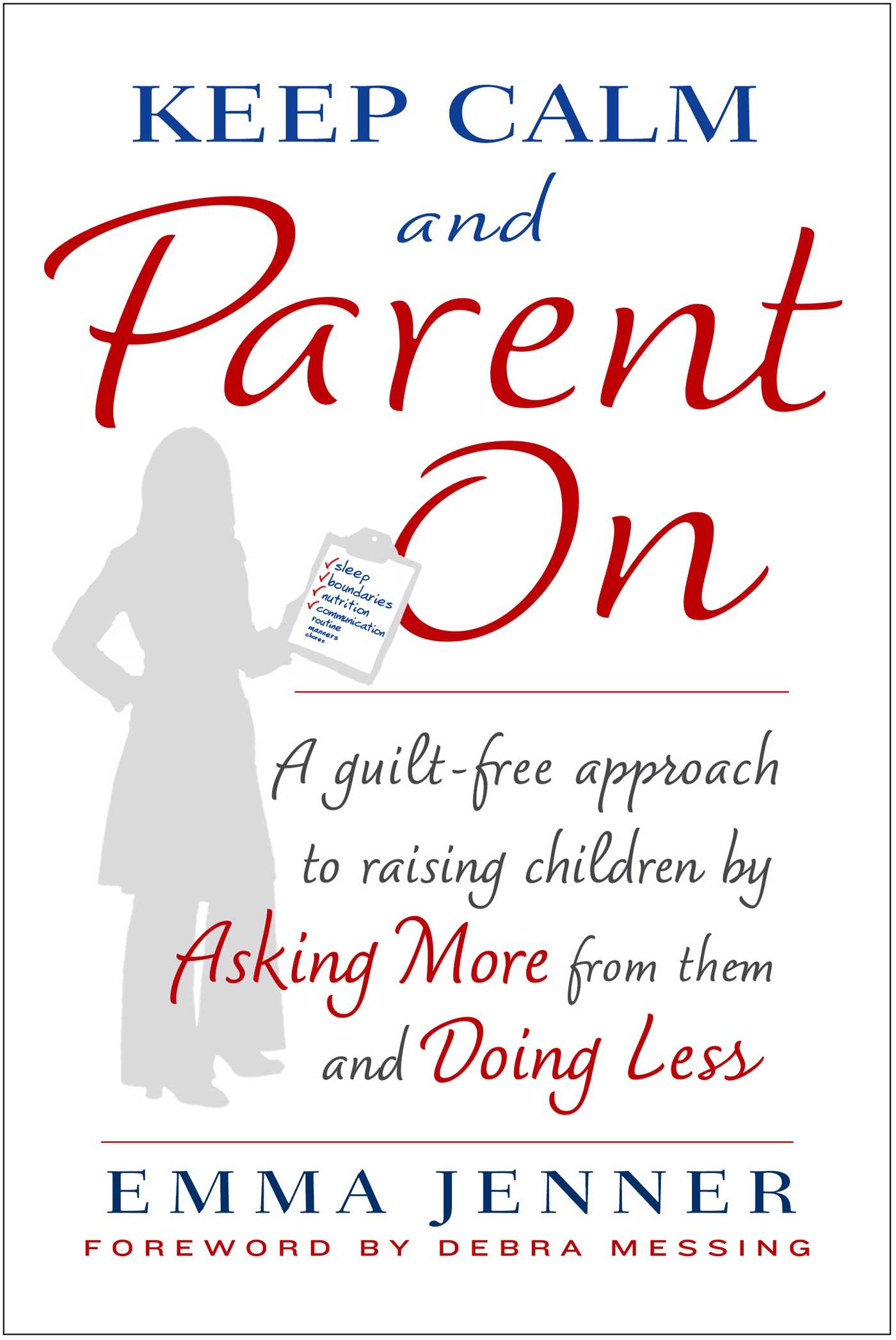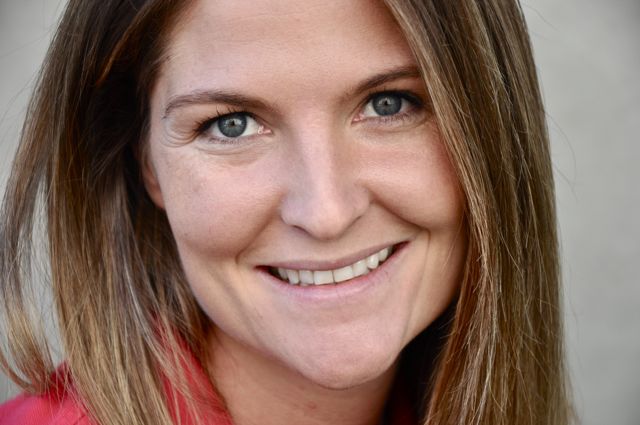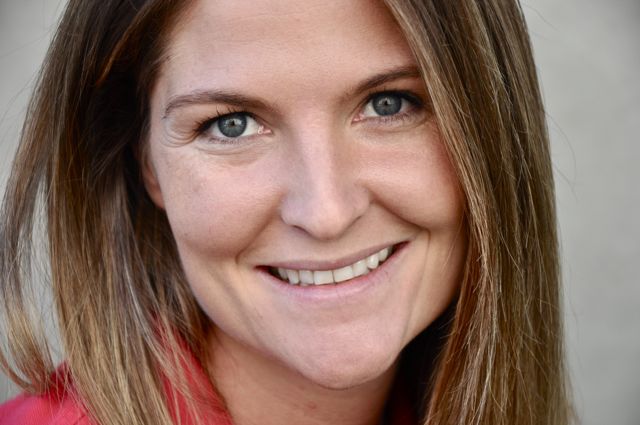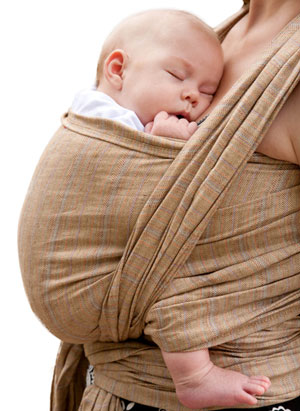Posts Tagged ‘Emma Jenner’

AJGpr client Emma Jenner, a child development and behavioral specialist and author of the new parenting book Keep Calm and Parent On: A Guilt-Free Approach to Raising Children by Asking More from Them and Doing Less (Atria, July 15th) also blogs for the Huffington Post’s Parenting section. Her most recent post – 5 Reasons Modern-Day Parenting is in Crisis (the full article is also posted below) has already received over 255K likes.
Emma, a British native, spent 17 years as a professional nanny and baby nurse for a variety of high profile and celebrity families in England, Germany, and the United States. American audiences know her best as “Nanny Emma,” from the 2008 TLC series Take Home Nanny, when she traveled across America helping families put harmony back in their homes.
Today, Emma is a parenting consultant and founder of Emma’s Children. So, in addition to in-person consultations, Emma is available by phone, face-time, and SKYPE, to help families nationally and internationally create a loving and nurturing home environment.
As an author and consultant, Emma offers the best of both British and American traditions to help parents navigate the often complex journey of raising children from birth to 7 years old. Her book, Keep Calm and Parent On, is a treasure trove of common sense, balanced, and holistic parenting tools and solutions. Emma’s favorite mantra is, “If parents are in control, they can enjoy their children more.” And what could be more enjoyable than well behaved, respectful, healthy, thriving kids?
—————————————————————————————————————————————
From the Huffington Post
5 REASONS MODERN-DAY PARENTING IS IN TROUBLE
I generally am quite an optimistic person. I tend to believe that everything will work out for the best unless the evidence is overwhelmingly to the contrary, and anyone who knows me will tell you that I am not prone to drama. That’s why when I say that modern parenting is in serious trouble — crisis, even — I hope you’ll listen, and listen carefully. I’ve worked with children and their parents across two continents and two decades, and what I’ve seen in recent years alarms me. Here are the greatest problems, as I see them:
1. A fear of our children.
I have what I think of as “the sippy cup test,” wherein I will observe a parent getting her toddler a cup of milk in the morning. If the child says, “I want the pink sippy cup, not the blue!” yet the mum has already poured the milk into the blue sippy cup, I watch carefully to see how the parent reacts. More often than not, the mum’s face whitens and she rushes to get the preferred sippy cup before the child has a tantrum. Fail! What are you afraid of, mum? Who is in charge here? Let her have a tantrum, and remove yourself so you don’t have to hear it. But for goodness’ sake, don’t make extra work for yourself just to please her — and even more importantly, think about the lesson it teaches if you give her what she wants because she’s thrown a fit.
2. A lowered bar.
When children misbehave, whether it’s by way of public outburst or private surliness, parents are apt to shrug their shoulders as if to say, “That’s just the way it is with kids.” I assure you, it doesn’t have to be. Children are capable of much more than parents typically expect from them, whether it’s in the form of proper manners, respect for elders, chores, generosity or self-control. You don’t think a child can sit through dinner at a restaurant? Rubbish. You don’t think a child can clear the table without being asked? Rubbish again! The only reason they don’t behave is because you haven’t shown them how and you haven’t expected it! It’s that simple. Raise the bar and your child shall rise to the occasion.
3. We’ve lost the village.
It used to be that bus drivers, teachers, shopkeepers and other parents had carte blanche to correct an unruly child. They would act as the mum and dad’s eyes and ears when their children were out of sight, and everyone worked towards the same shared interest: raising proper boys and girls. This village was one of support. Now, when someone who is not the child’s parent dares to correct him, the mum and dad get upset. They want their child to appear perfect, and so they often don’t accept teachers’ and others’ reports that he is not. They’ll storm in and have a go at a teacher rather than discipline their child for acting out in class. They feel the need to project a perfect picture to the world and unfortunately, their insecurity is reinforced because many parents do judge one another. If a child is having a tantrum, all eyes turn on the mum disapprovingly. Instead she should be supported, because chances are the tantrum occurred because she’s not giving in to one of her child’s demands. Those observers should instead be saying, “Hey, good work — I know setting limits is hard.”
4. A reliance on shortcuts.
I think it’s wonderful that parents have all sorts of electronics to help them through airline flights and long waits at the doctor’s office. It’s equally fabulous that we can order our groceries online for delivery, and heat up healthy-ish food at the touch of a button on the microwave. Parents are busier than ever, and I’m all for taking the easy way when you need it. But shortcuts can be a slippery slope. When you see how wonderful it is that Cayou can entertain your child on a flight, don’t be tempted to put it on when you are at a restaurant. Children must still learn patience. They must still learn to entertain themselves. They must still learn that not all food comes out steaming hot and ready in three minutes or less, and ideally they will also learn to help prepare it. Babies must learn to self-soothe instead of sitting in a vibrating chair each time they’re fussy. Toddlers need to pick themselves up when they fall down instead of just raising their arms to mum and dad. Show children that shortcuts can be helpful, but that there is great satisfaction in doing things the slow way too.
5. Parents put their children’s needs ahead of their own.
Naturally, parents are wired to take care of their children first, and this is a good thing for evolution! I am an advocate of adhering to a schedule that suits your child’s needs, and of practices like feeding and clothing your children first. But parents today have taken it too far, completely subsuming their own needs and mental health for the sake of their children. So often I see mums get up from bed again and again to fulfill the whims of their child. Or dads drop everything to run across the zoo to get their daughter a drink because she’s thirsty. There is nothing wrong with not going to your child when she wants yet another glass of water at night. There’s nothing wrong with that dad at the zoo saying, “Absolutely you can have something to drink, but you must wait until we pass the next drinking fountain.” There is nothing wrong with using the word “No” on occasion, nothing wrong with asking your child to entertain herself for a few minutes because mummy would like to use the toilet in private or flick through a magazine for that matter.
I fear that if we don’t start to correct these five grave parenting mistakes, and soon, the children we are raising will grow up to be entitled, selfish, impatient and rude adults. It won’t be their fault — it will be ours. We never taught them any differently, we never expected any more of them. We never wanted them to feel any discomfort, and so when they inevitably do, they are woefully unprepared for it. So please, parents and caregivers from London to Los Angeles, and all over the world, ask more. Expect more. Share your struggles. Give less. And let’s straighten these children out, together, and prepare them for what they need to be successful in the real world and not the sheltered one we’ve made for them.

On May 19th, AJGpr client, parenting expert Emma Jenner received a great review from Publishers Weekly for her new book, Keep Calm and Parent On: A Guilt-Free Approach to Raising Kids by Asking More from Them And Doing Less.
A British native, Emma spent over 17 years as a professional nanny and baby nurse for a variety of high profile and celebrity families in England, Germany, and the United States. Often referred to as a “Modern-day Mary Poppins” she was the star of TLC’s Take Home Nanny in 2008, and traveled across America helping families put harmony back in their homes. Emma offers a treasure trove of common sense, balanced, and holistic parenting tools in Keep Calm and Parent On.
Here’s what Publishers Weekly had to say:
“British nannies are all the rage, and this contribution from parenting expert Jenner, former star of TLC’s Take Home Nanny, hits the usual topics of sleep, food, and discipline. Where she sets her parenting advice apart is in chapters such as “The Dignified Parent” and “The King’s Speech.” In the former, she highlights the most important relationship in the household; she even recommends that parents greet each other before greeting children. The latter focuses on communication, with advice on how children should communicate with parents and the world, as well as how parents should communicate respectfully with children and each other. Manners are important to Jenner: children should behave properly at the dinner table, say thank you, and greet others properly, right down to learning how to shake hands with grown-ups around age four. Parents should model good manners—being polite with children and respecting their physical space. The author has high standards, but notes, “I’m not a fan of British households that are all rules and limits and no love.” She provides helpful checklists to “take the guilt and some of the angst out of parenting by putting daily struggles and common problems in objective, systematic terms.” Parents will welcome this balanced approach.”

AJGpr client, Emma Jenner, a child development and child behavioral specialist, best known for her role as host of TLC’s “Take Home Nanny” ha posted Part 2 of her book picks for kids on the Huffington Post. Here is the link for Nanny Emma’s Picks: The Best Books for Kids, Part II (ages 6-10).
Emma will have a parenting book out on Atria/Simon & Schuster in 2014.

My client, Emma Jenner, a child development and child behavioral specialist, best known for her role as host of TLC’s “Take Home Nanny” is now blogging on the parenting pages of The Huffington Post. In her most recent post she details her book picks for kids aged 1 to 6.
Emma will have a parenting book out on Atria/Simon & Schuster in 2014.







